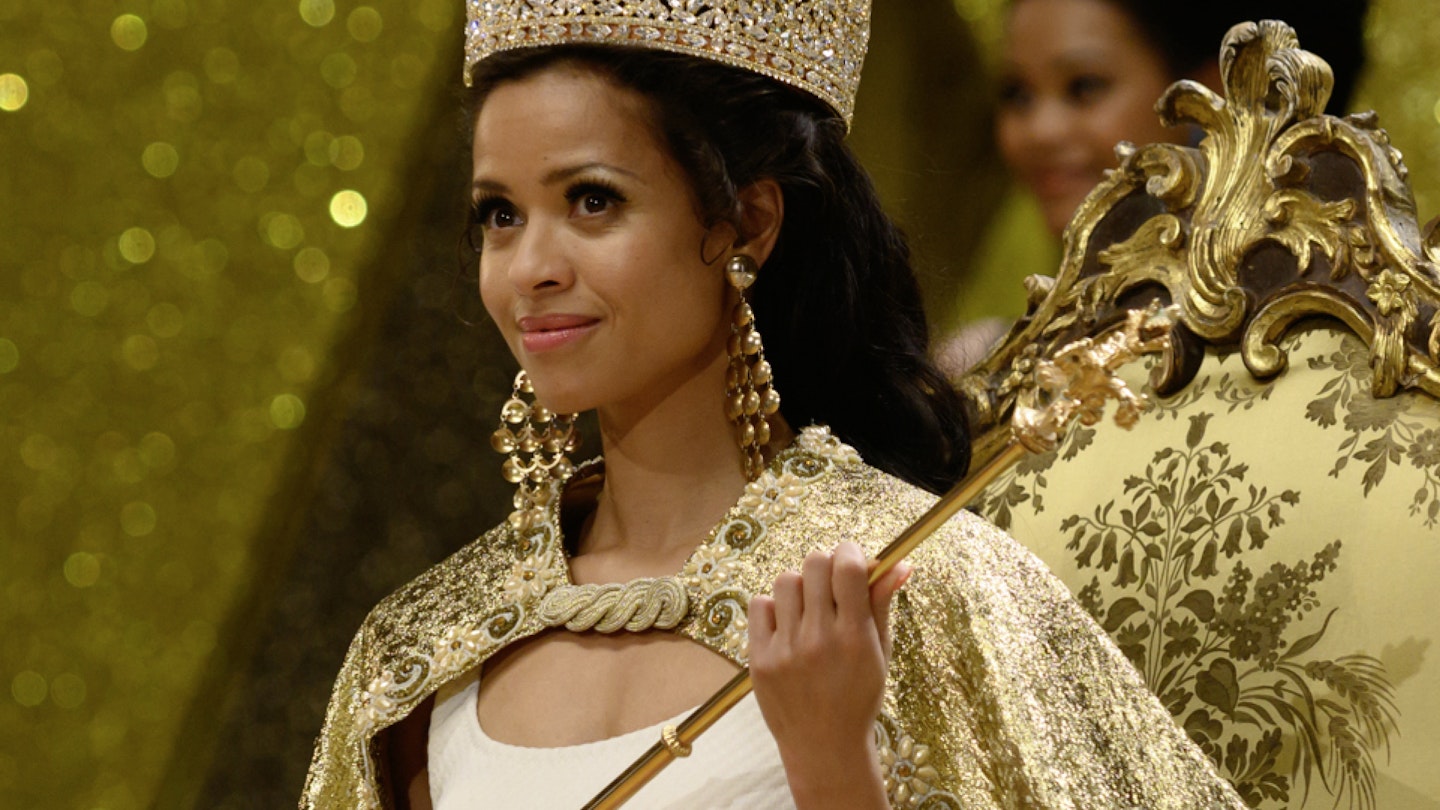The Miss World pageant has endured more than its fair share of controversies since it began in 1951, but maybe no year more so than 1970, as new film Misbehaviour reveals.
On the evening of 20 November, at the Royal Albert Hall, one Jennifer Hosten, aka Miss Grenada, was crowned Miss World, making her the first woman of colour to win the contest. It was the same year that the first black entrant, Pearl Jansen from South Africa, was invited to compete, just as apartheid was at its most fraught. To many, the event was one progressive step forward in the fight for racial equality.
Yet to the Women’s Liberation Movement, the beauty competition was two steps back for female empowerment, which is why activists flour-bombed the stage during the live broadcast of Jennifer’s win.
‘When they demonstrated, the thought occurred to some of us that the contest might not continue,’ Jennifer, now 72, tells Grazia – which she felt was a shame considering the struggle she’d gone through to be there in the first place.
At the time, I said women deserve to have more opportunities and to not be judged just for their appearance.
In the 50 years since winning the Miss World crown, Jennifer has been married twice, had two children and five grandchildren, served as High Commissioner to Canada from Grenada and retrained as a psychotherapist with her own practice in Ontario, where she lives.
Now retired, her historic victory has finally been given the cinematic treatment – with Gugu Mbatha-Raw playing her in Misbehaviour.
Jennifer was first approached by producer Suzanne Mackie in 2010. They had heard the former Miss World discuss her experience on Radio 4’s The Reunion, alongside the feminist activist who led the protest at the 1970 pageant, Sally Alexander (played in the film by Keira Knightley), and other people involved in the event.
Before long, Jennifer was in contact with Gugu. At first, they corresponded via email, then WhatsApp, and soon enough the women were arranging to meet up in Grenada. ‘She said, “I really want to see where you grew up and just get a sense of the place and you,”’ Jennifer says. The trip paid off for both. ‘I watched Gugu play my part and she was brilliant. I couldn’t believe how she’d imitated my accent to perfection.’
Jennifer recalls the struggle she and other BAME contestants faced to compete on an even playing field back in the ’70s. The press and the photographers barely spoke with the women of colour competing in Miss World, for instance.
But for contestants like Jennifer, the pageant was an opportunity for adventure and travel that is not often afforded to women in the countries they hail from – and to make a point. ‘Cultural diversity is what the world is about,’ says Jennifer, ‘and, if you have a Miss World contest, it’s an anomaly to think that every Miss World should be the European standard of beauty.’
She admits that she hadn’t appreciated the view of the second-wave feminists that the contest objectified and paraded women around like it was a cattle market until she actually competed herself. ‘We didn’t get into the deeper thought about what this really meant, beyond the fact we were selected to represent a country and wanting to do the best to get your country noticed,’ she says. ‘But, at the time, I said women deserve to have more opportunities and to not be judged just for their appearance.’
Watching the film was poignant. It may not be a completely accurate retelling of events (her sister Pommie doesn’t appear as a chaperone, for instance, or Miss Israel as her best friend) but Jennifer says it presents the emotional truth of the situation.
‘The movie comes to the position that women should unite more, instead of being against each other, because we are much stronger when we come together,’ she says. ‘If the women’s movement had found a way to speak with us then, they would have come across as less of the enemy.’
Misbehaviour is in cinemas nationwide now
Books To Read Before They Come To Screen - Grazia
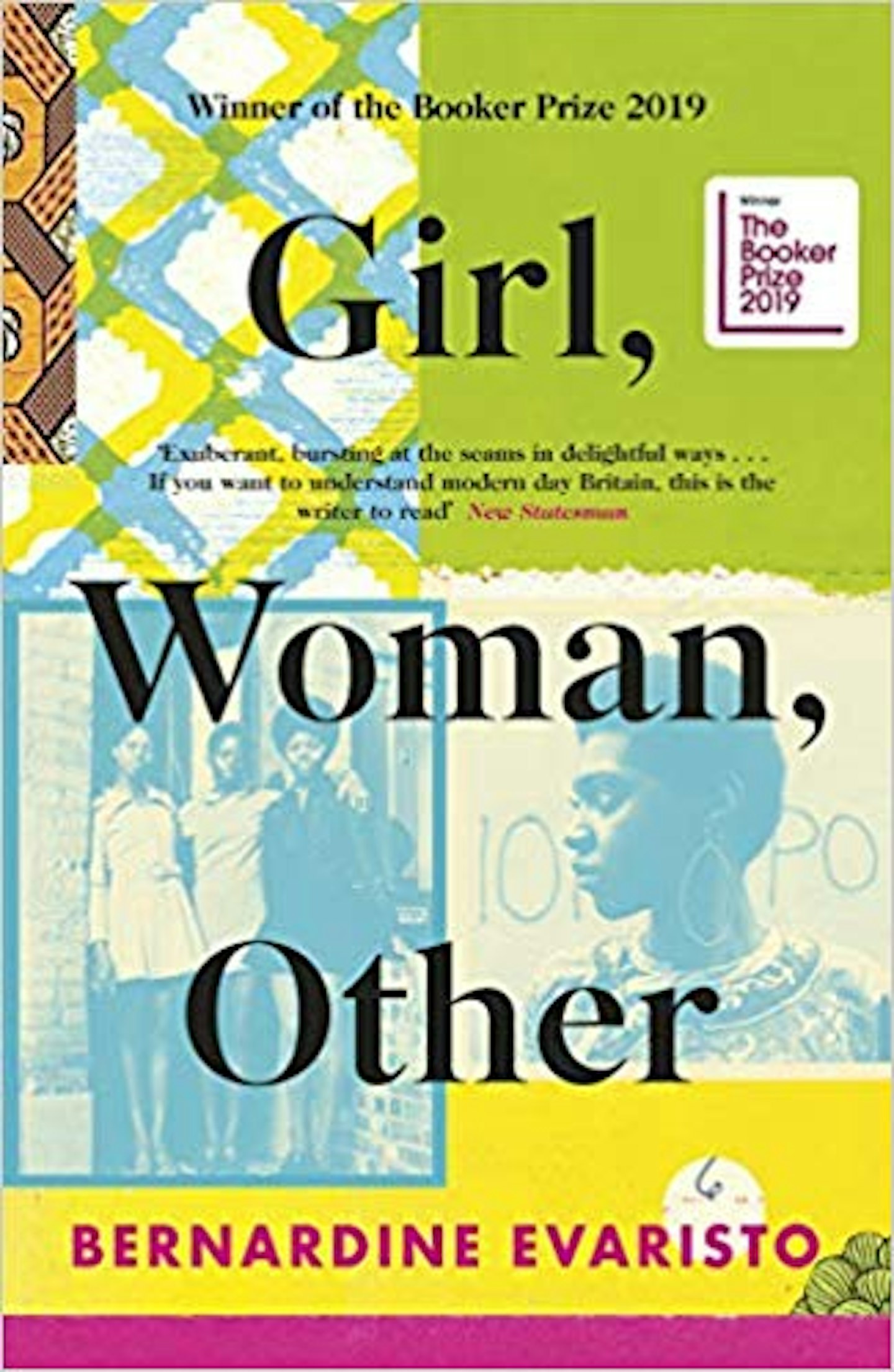 1 of 11
1 of 11Bernardine Evaristo - Girl, Woman, Other
Depicting modern British life from the perspective of 12 different individuals - most of whom are black women - this Booker Prize winner was one of the highest-selling releases of 2019. Gail Egan and Andrea Calderwood's UK production company Potboiler Television won the rights the this best-seller and are said to be 'delighted to be working with Bernardine on bringing this vibrant and joyous novel to the screen.'It is a vivid and authentic as well as important story of our times,' they said. Details about when the adaption will air are yet to be known, but you'll definitely want to read the critically-acclaimed novel for yourself first.
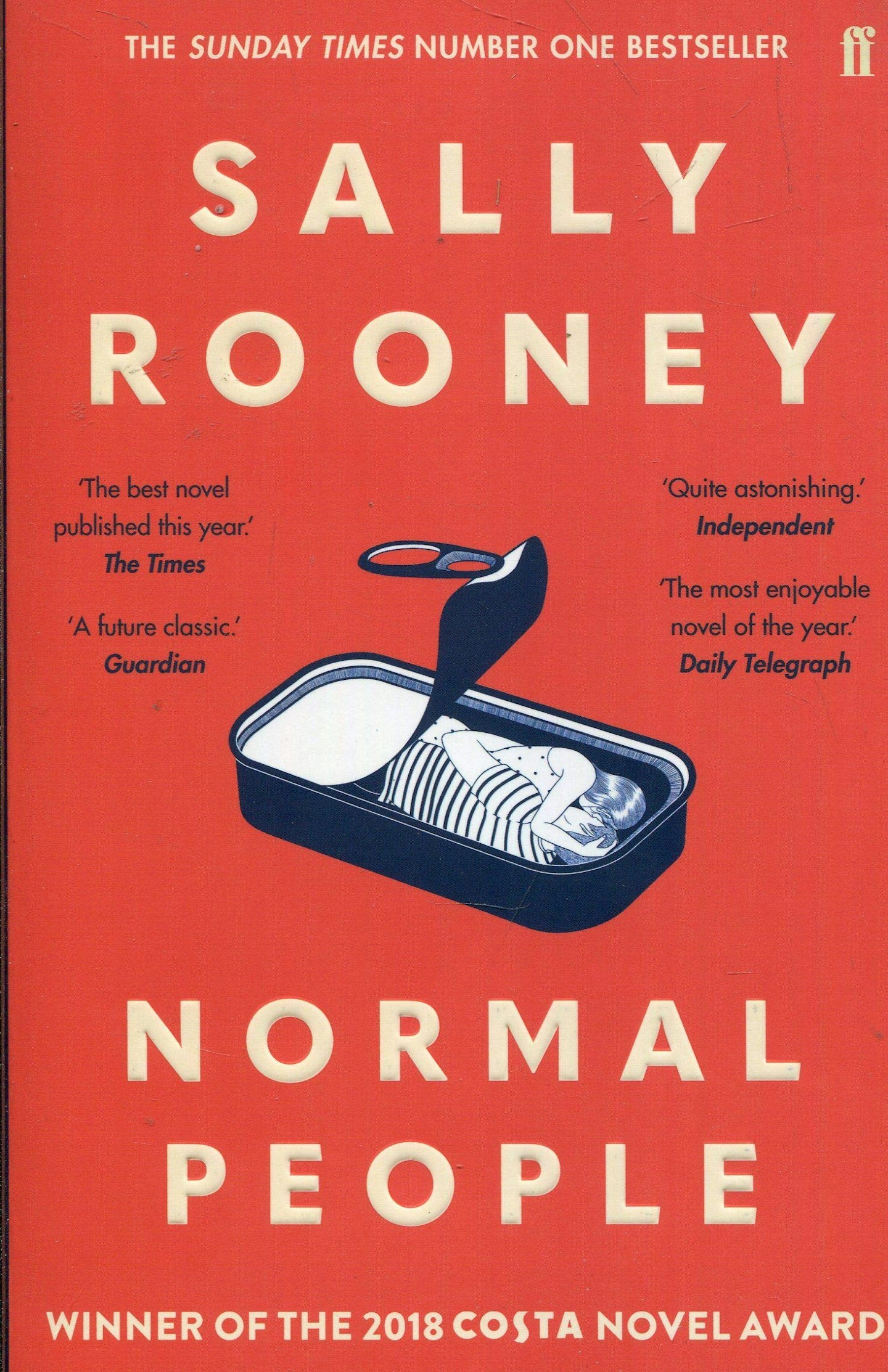 2 of 11
2 of 11Sally Rooney - Normal People and Conversations With Friends
Rooneyhas had huge success with her novel Normal People. The TV adaption of this book is set to have 12 episodes and air on BBC Three and Hulu at some point in 2020. Set in Ireland during the economic downturn on the noughties, the story follows the complicated relationship of Connell and Marianne throughout their schooling and university education.
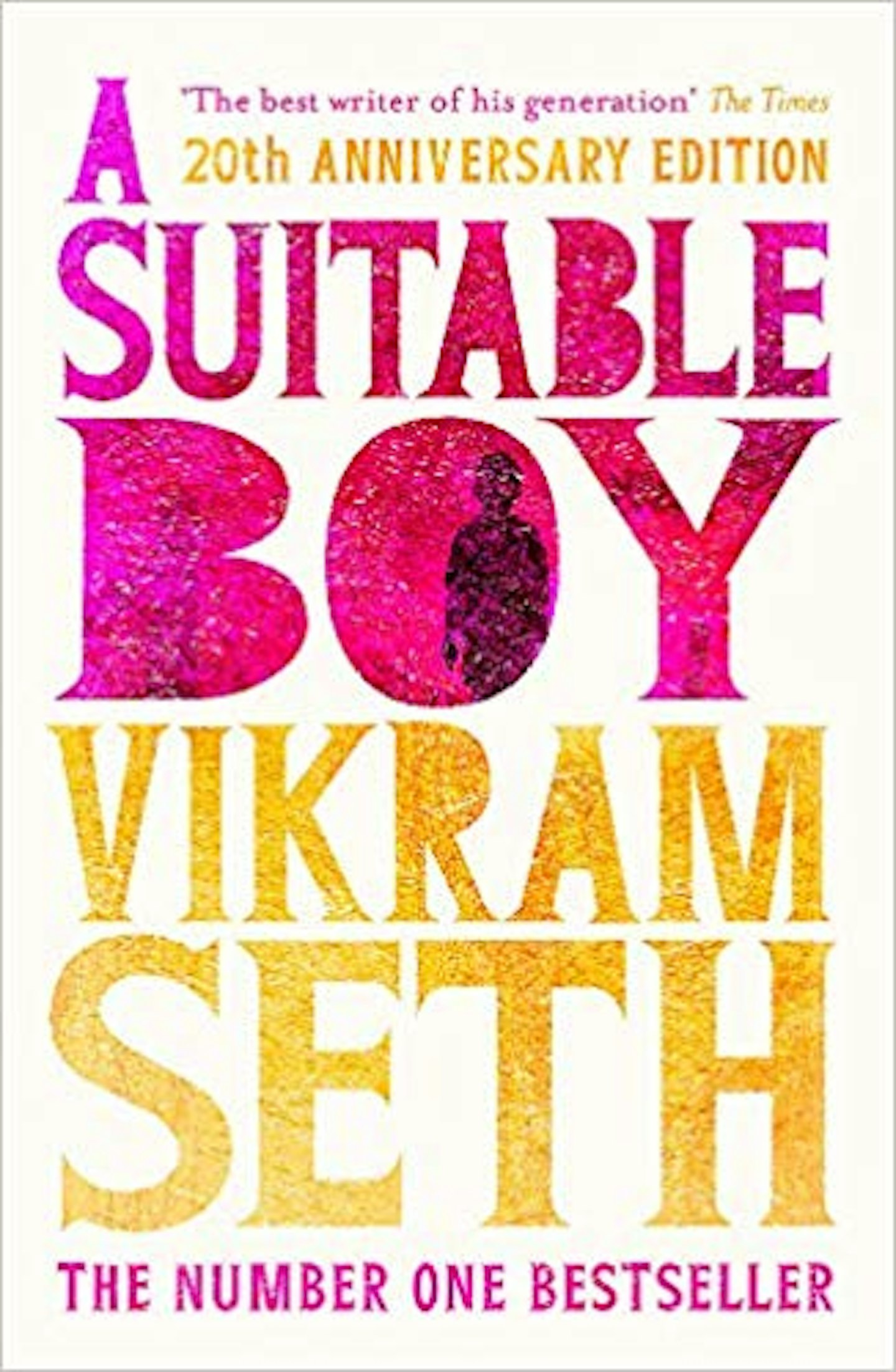 3 of 11
3 of 11Vikram Seth - A Suitable Boy
The man who adapted Les Miserables for the small screen - Andrew Davies - is now bringing us the epic A Suitable Boy, condensed into six episodes for a new BBC1 period drama. This classic novel is set in India in the 1950s and follows the lives of four families as the country prepares for a political election during its new found independence. Expect it in June 2020.
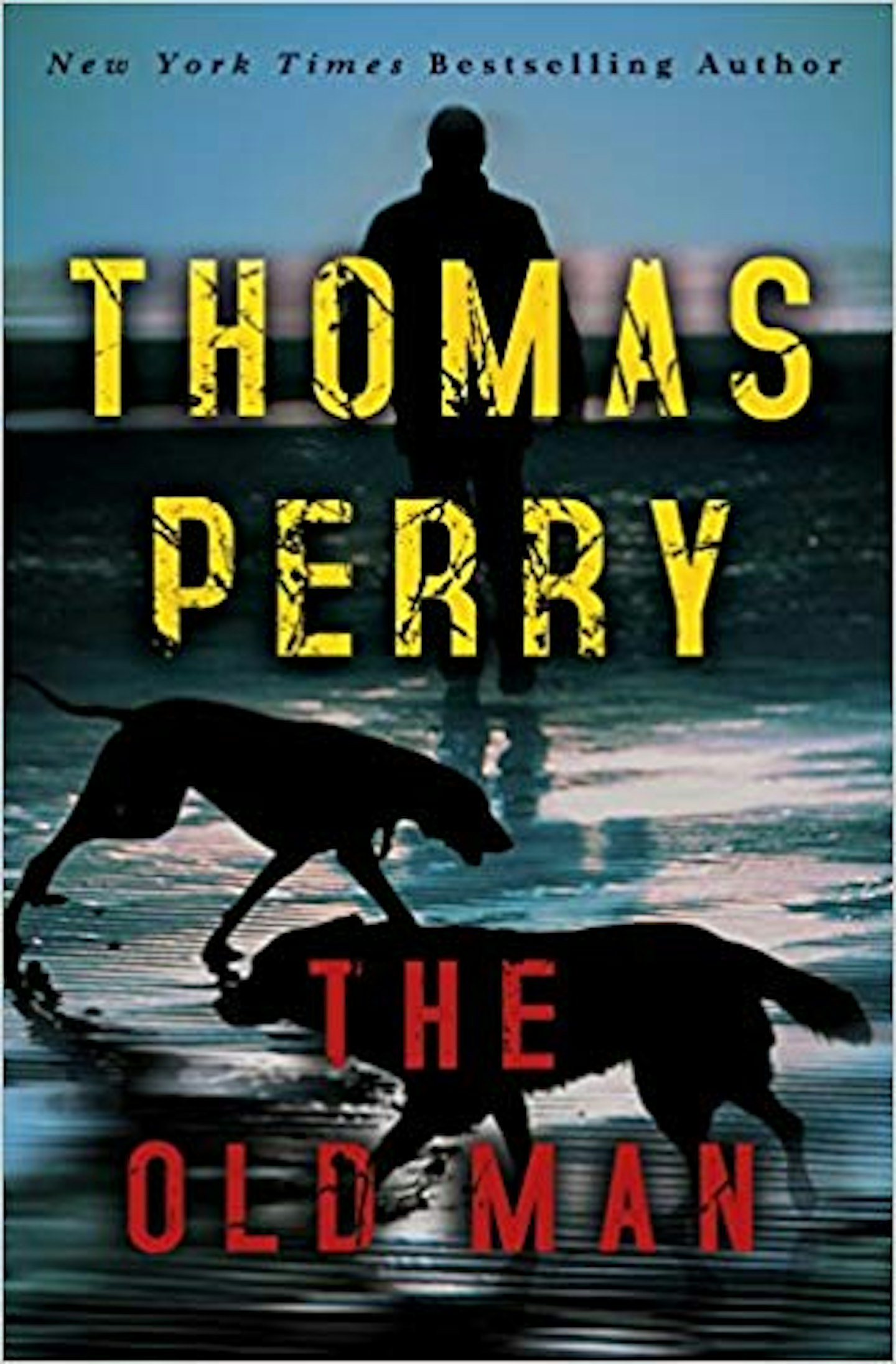 4 of 11
4 of 11Thomas Perry - The Old Man
The book is being adapted by Hulu for a TV series starring Jeff Bridges later this year. The premise of this thriller novel is that a former CIA officer (Bridges), who now lives off the grid, is forced to confront his past when an assassin tries to murder him.
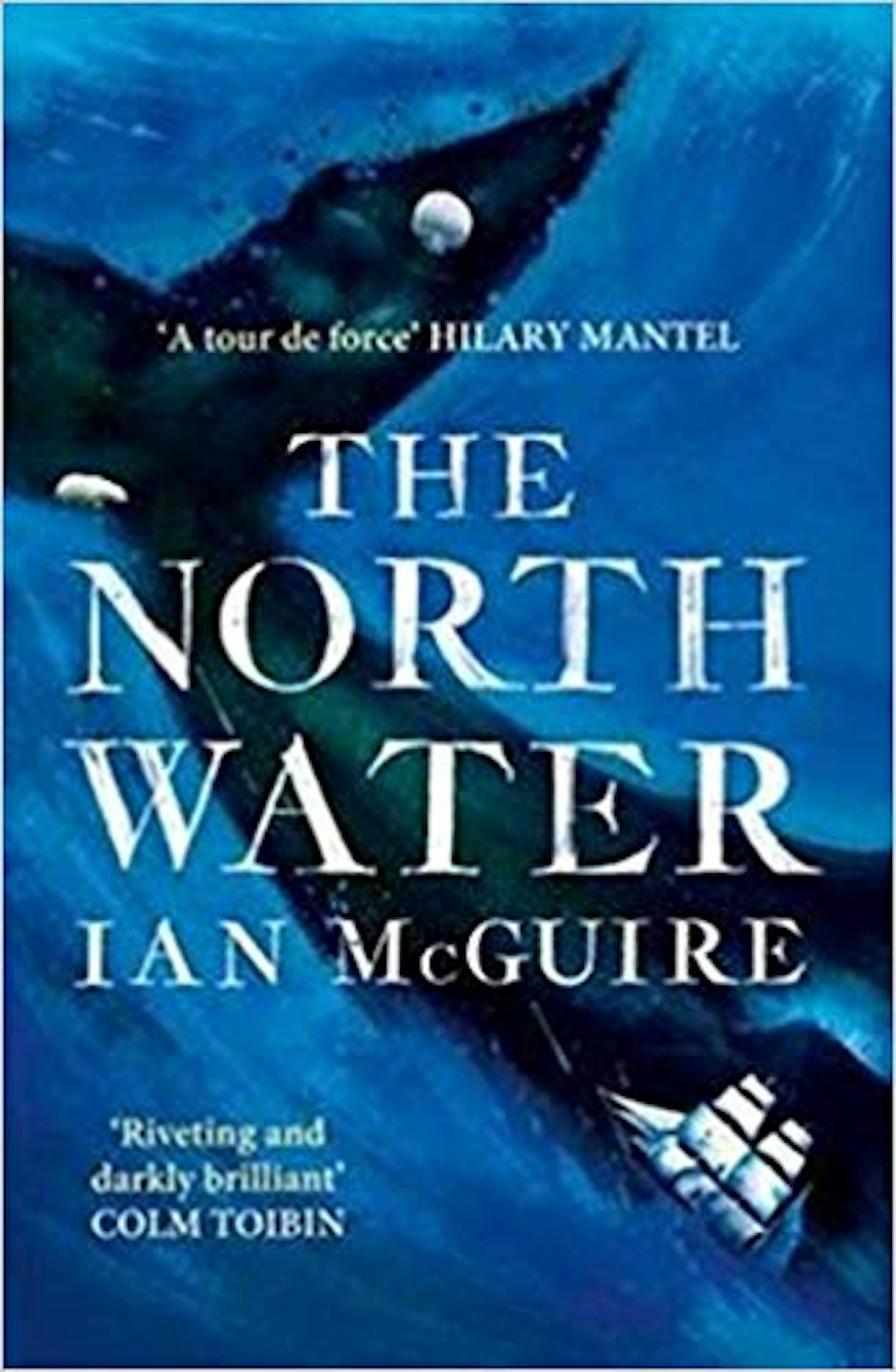 5 of 11
5 of 11Ian McGuire - The North Water
Don't miss Colin Farrell playing Henry Drax in BBC Two's four-part mini-series adaptation of McGuire's novel this year. Drax, an amoral, murderous whale harpooner, sets sail with Patrick Summer (Jack O'Connell) on an ill-fated journey to the Arctic. Read the book before the series comes out to find out what happens on the water!
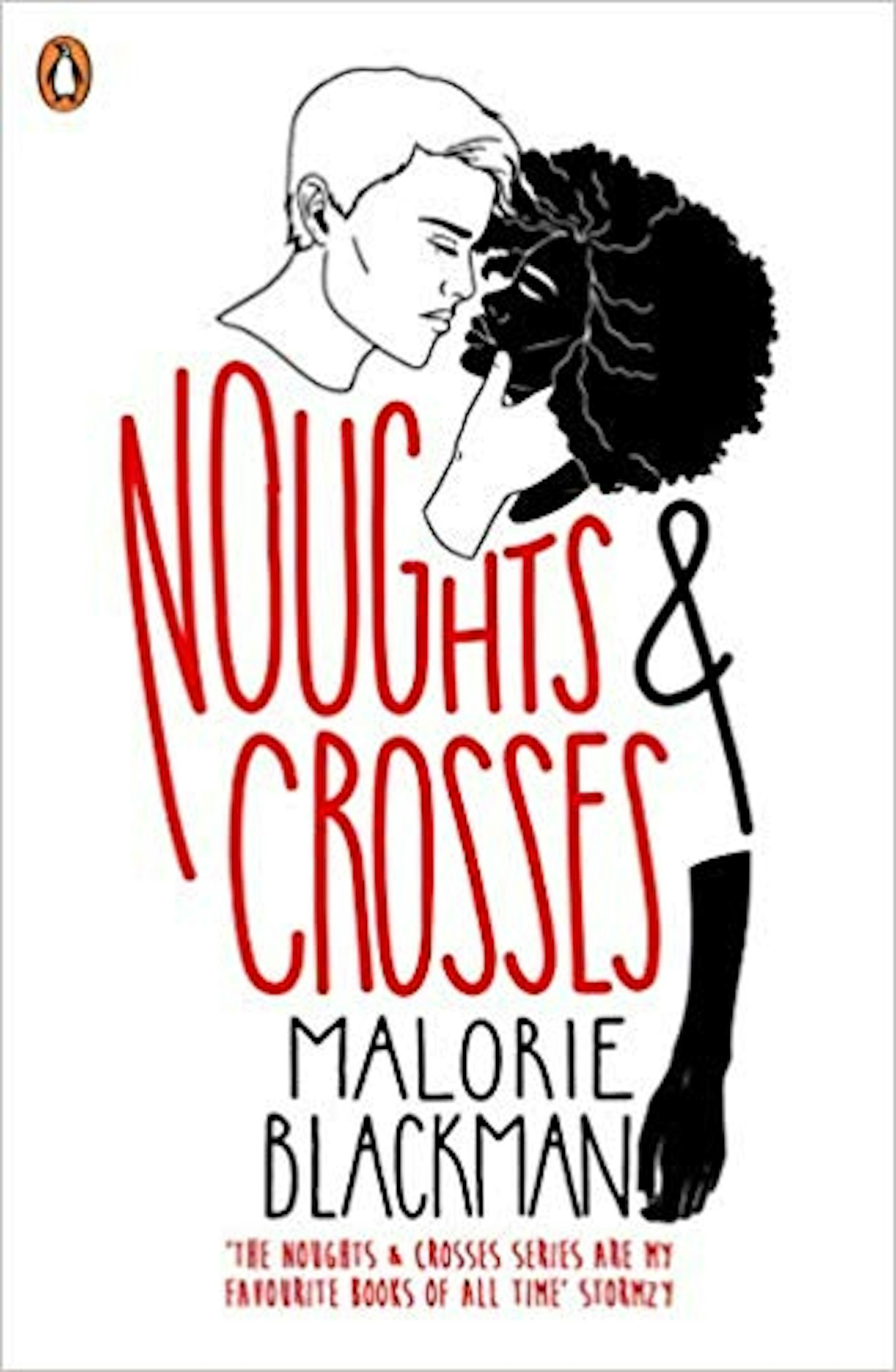 6 of 11
6 of 11Malorie Blackman - Noughts and Crosses
The adaption of Malorie Blackman's Noughts and Crosses premieres on 5 March 2020 on BBC One. The novel is set in an alternative history where black people (crosses) rule over white people (noughts). The TV adaptation focuses on the core themes of the book: prejudice, racism and forbidden romance.
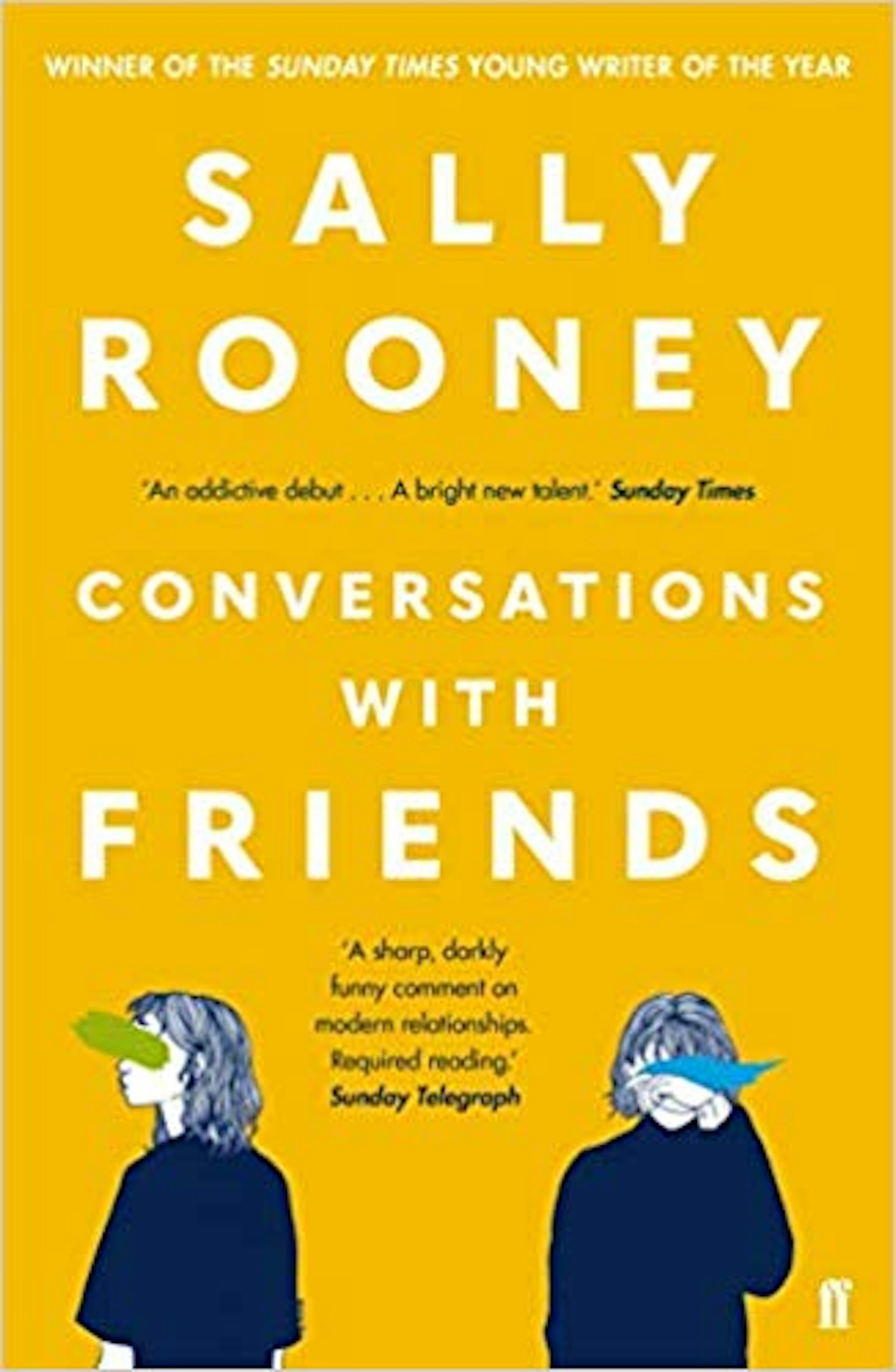 7 of 11
7 of 11Sally Rooney- Conversations with friends
Conversations with Friends by Rooney has also been picked up by the BBC and will be made into a 12-part series. This story humorously comments on the bitter reality of relationships and friendships, told through the perspective of four main characters.
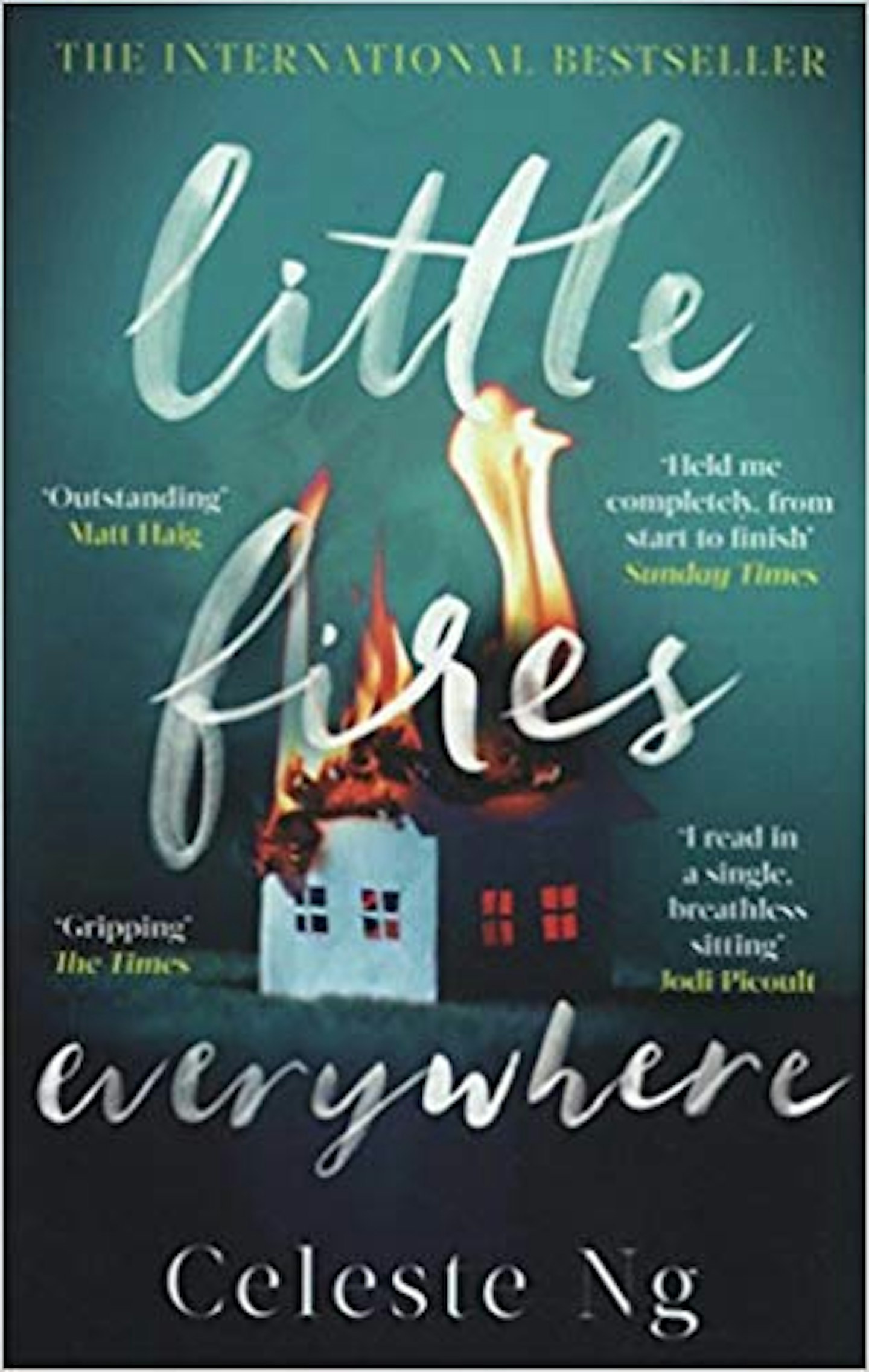 8 of 11
8 of 11Celest Ng - Little Fires Everywhere
This arresting novel is poised to set your screens alight in March. The show is based on the novel by Celest Ng that delves into the life of a free-spirited single mother who moves to Ohio with her daughter. The story revolves around the challenges they encounter when their lives entwine with a middle-class family in the neighbourhood.
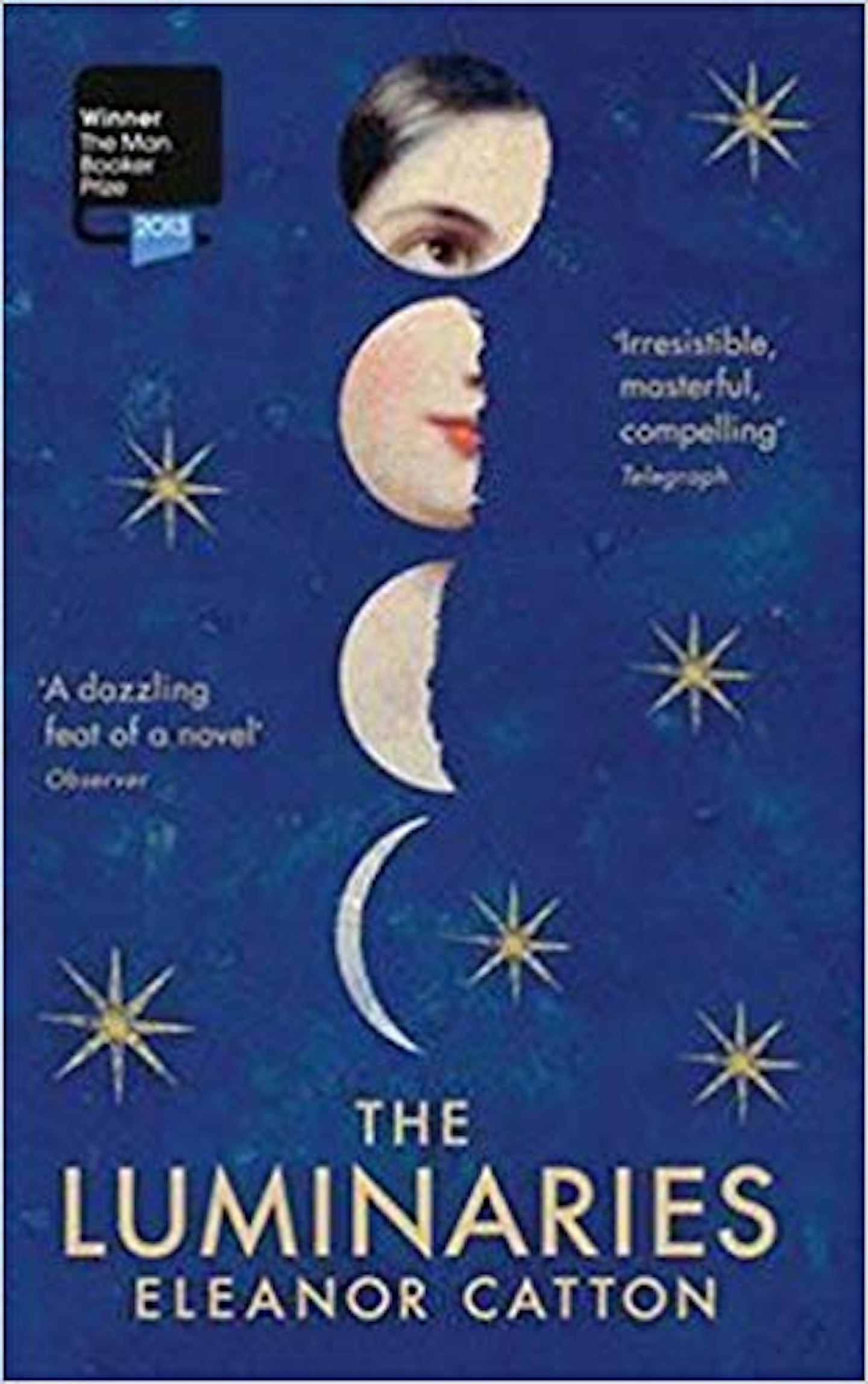 9 of 11
9 of 11Eleanor Catton - The Luminaries
An adaptation of Eleanor Catton's novel The Luminaries is set to air later this year on BBC Two. The story is set in the nineteeth century gold rush in New Zealand and focuses on the character Anna Wetherell, who sails to New Zealand to begin a new life and is quickly drawn into a tale of love, murder and revenge. It will star Eva Green and Himesh Patel.
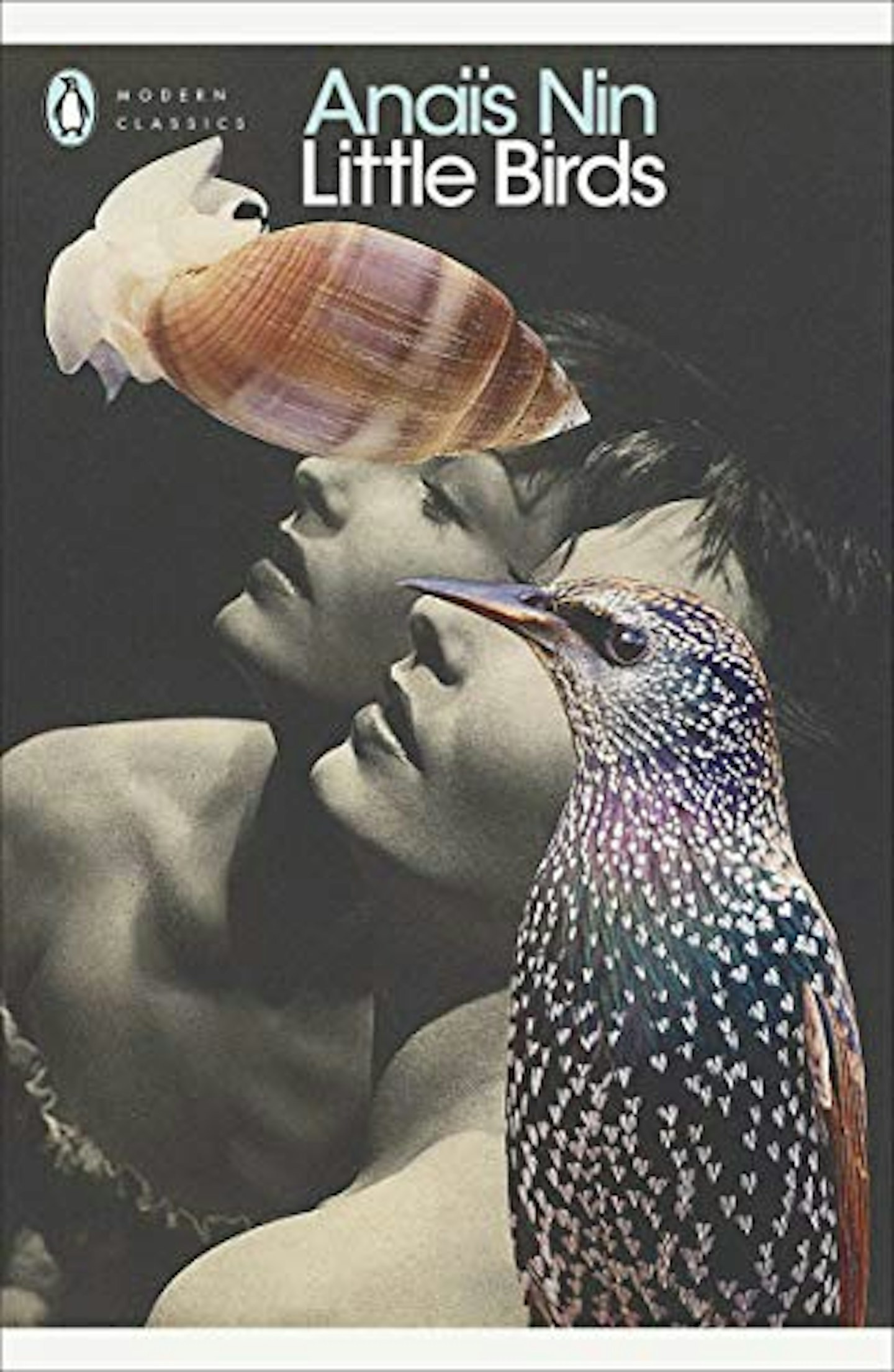 10 of 11
10 of 11Anais Nin - Little Birds
Little Birds is a collection of short, erotic stories from Anais Nin. The stories have been adapted by Sky Atlantic into a dramatic television series that stars Juno Temple. The infamous tales confront a selection of topics and themes and weave together stories of love, desire and politics.
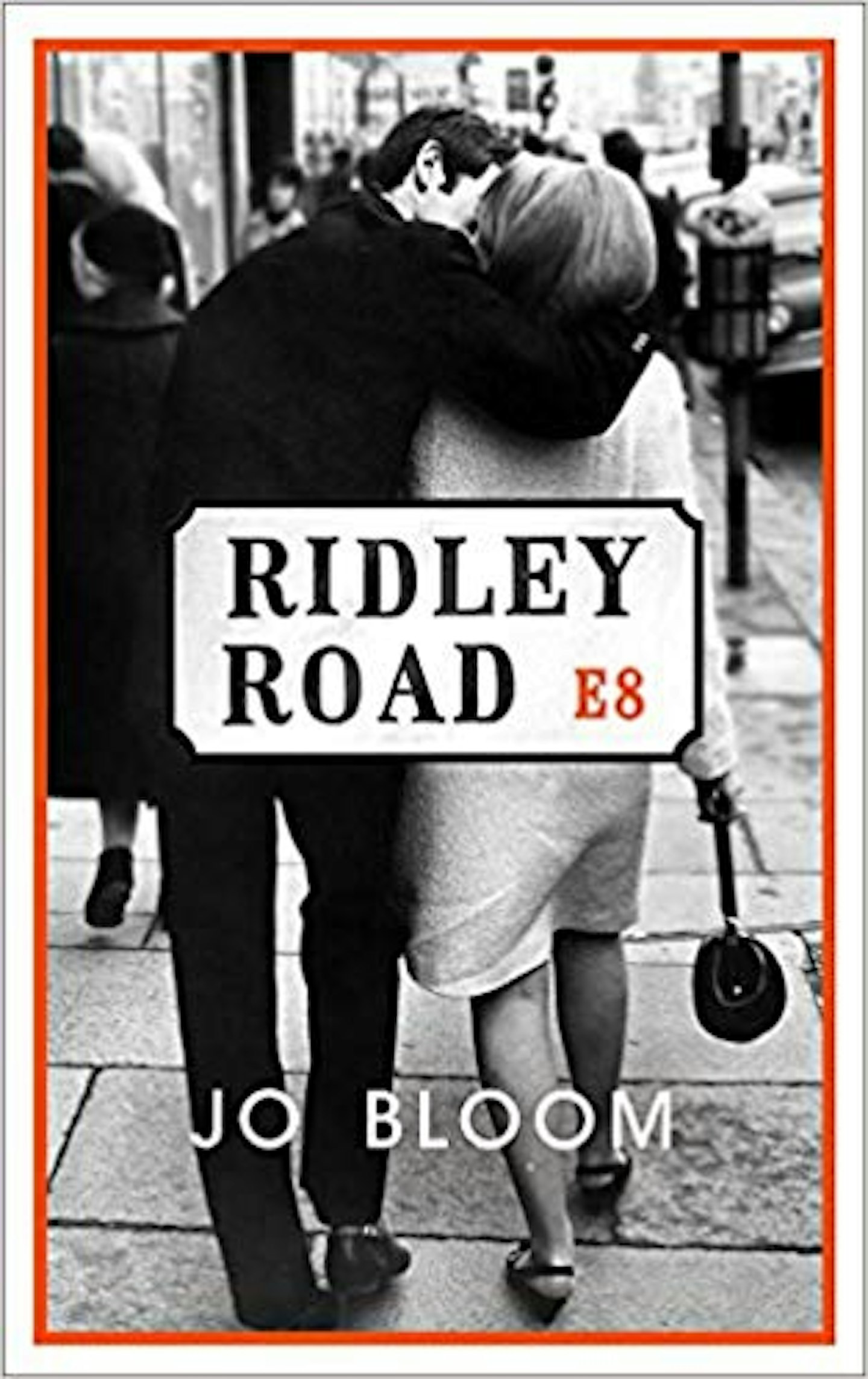 11 of 11
11 of 11Jo Bloom - Ridley Road
Ridley Road will air as a four-part thriller on BBC One, but the release date is still TBC. The series is based on Bloom's novel of the same name and is set in 1960s London. The story focuses on the life of Vivien Epstein who is forced into undercover espionage when she follows her lover into danger.
